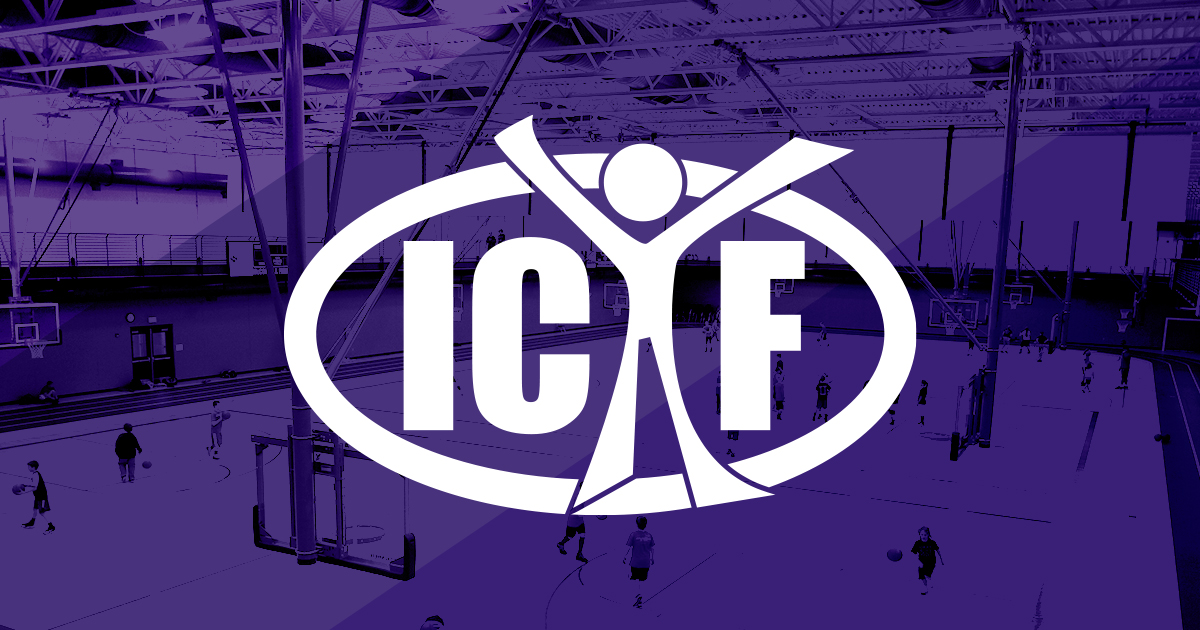WRESTLING
Wrestling is a weight class sport that matches competitors of equal size. It is common practice and culture to try and compete in a lighter weight class although severe weight cutting practices are now prohibited. Severe weight cutting was seen as advantageous although significant amounts of muscle and strength were lost. Fortunately, the National Wrestling Coaches Association and Iowa Athletic High School Association guidelines have helped improve the safety and efficacy of this practice. Many wrestlers still must cut weight but it should be done in a way that doesn’t compromise strength, stamina, speed, immunity or focus.
Jennifer DeWall RDN, CSSD, LD
Jennifer works with ICYF to provide expert advice on sports nutrition and healthy eating to the student and families of Indianola. A registered dietitian/nutritionist, Jennifer owns a private practice that focuses on helping athletes stay on the cutting edge with superior nutrition.
nutrition reccomendations for wrestlers
Practice appropriate energy restriction.
A moderate energy restriction can help athletes achieve a weight loss of about 1-2 pounds per week. Losing more than this with very low calorie diets will result in a greater loss of lean muscle tissue. Loss of muscle negatively affects an athlete’s power to weight ratio. Prolonged very low calorie restriction can reduce metabolic rate, lower bone density; impair growth and development in youth and teen athletes; and increase the risk of nutrient deficiency.(1) Energy restriction to achieve a leaner, stronger physique should be done primarily in the off-season for best results. It is critical that you work with a licensed sports dietitian/nutritionist to ensure adequate nutrient intake while on a calorie restriction.
Extreme weight loss practices, such as the use of laxatives can disrupt training, matches, school and time with friends. Laxatives can cause severe abdominal pain, cramping and in some cases an extreme embarrassment at school or during a match. If you feel you need to lose an extra 1-2 pounds before weigh-in, following a low-residue diet in the 24 hours prior to weigh-in can be beneficial. A low-residue diet (also called low-fiber diet) can reduce the mass of undigested contents in your intestines. This may allow a wrestler to achieve that additional 1-2 % loss in body mass. (2). Limit vegetables, fresh and dried fruit, whole grains, beans, popcorn. Focus on lean meat, eggs, mashed potatoes, white toast with peanut butter, low sugar applesauce and Cream of Wheat as examples.
EAT SMALLER AMOUNTS OF FOOD MORE OFTEN
Focus on eating six “mini-meals” or snacks throughout the day to keep energy levels high. One snack should be eaten within 30 minutes of a match or practices in order to refuel your muscles. Eat a combination of carbohydrates and lean protein. The carbohydrates will give your body the needed fuel to maintain energy. The protein help with feeling satisfied longer.
SNACK OR "MINI-MEAL" IDEAS
- 2 hard-boiled eggs and Nature Valley granola bar or fruit.
- Starkist Lunch to Go???? Tuna Packet
- Greek yogurt
- Sports nutrition bar or meal replacement shake
- Raw veggies dipped in hummus
- Turkey and veggie wrap. Use Laughing Cow???? cream cheese spread.
- String cheese with an apple
- Smoothie *
- Mix black beans (drained and rinsed) and salsa together. Add in fresh parsley and wrap in tortilla or use as a dip for baked tortilla chips.
- Low-fat cottage cheese with whole grain crackers
- Hamburger made with 93% lean beef, piled with veggies on a whole-wheat bun.
- Make your own pizza. Use whole grain crust, top with pizza sauce, Canadian bacon or roasted chicken, veggies, and olives.
The total amount of energy to consume is based on several factors; however, as a general guideline, 5 grams of carbohydrate per kilogram of body weight per day (about 250-420 grams) should cover most wrestlers. A protein intake of about 1.5 grams per kilogram of body weight per day (75 – 130 grams) is an ideal level of protein for most. It is best to work with a sports nutritionist/dietitian to determine your exact nutrition requirements.
STAY HYDRATED
Hydration before, during and after practices should be well planned. Dehydration, considered a 2-3% loss in body weight, can reduce strength and endurance. Therefore, severe restriction of fluids is not appropriate for success. If you severely dehydrate yourself to make weigh-in, you will upset your electrolyte balance potentially causing hypernatremia. Hypernatermia is a life-threatening condition where there is too much sodium compared to water in your cells. This is problematic and can lead to seizures and multi-system organ failure. As noted throughout this guide, extreme dehydration comes with serious consequences.

However, in the 24 hours leading up to weigh-in, you may find yourself needing to still practice a mild fluid restriction. This is not the same as dehydration. This should not affect performance as long as you are replacing those fluids shortly after weigh-in. Drink a sports beverage within the first 10-15 minutes after weigh-in. This will aid in fluid replacement for strength and give you the needed glucose for your brain to think quickly and muscles to respond appropriately.
Factors affecting calorie needs
- Growth and development
- Thermic effect of activity (Exercise, activities of daily living, involuntary movement)
- Thermic effect of food (energy it takes to digest food)
- Basal Metabolic Rate (age, genes, gender, muscle mass, hormones)
- Goal weight
LOWER INTAKE OF PROCESSED FOODS AND SALT
Processed and packaged foods typically contain high levels of sodium. Too much sodium can leave your taste buds craving more food and also cause your body to retain excess fluid. Avoid using the salt shaker and limit processed food and fast food.
On the flip side, you do need some sodium in your diet. Sodium is an important electrolyte needed for proper cell functioning in your brain and muscles. If you are eating a healthful diet and using sports beverages to replace fluids when you have been training hard for more than 60 minutes, you will meet your sodium requirements.
EAT FOODS HIGH IN POTASSIUM
When your body is actively losing weight, you have shrinkage of fat cells. A decrease in the size of your cells can cause an increase in intracellular fluid. Eating foods high in potassium (and lowering your overall sodium intake) can help reduce water retention. Foods that are good sources of potassium that are not processed or calorie laden include; bananas, oranges, sweet potatoes, regular potatoes, zucchini, fat-free milk and fat-free yogurt.
RESOURCES AND REFERENCES
For additional information or a personalized plan, speak with a sports dietitian/nutritionist.
* Smoothie recipes can be found at www.biprousa.com/campaigns/ncaa-smothie/index.html
References
1. Australian Government. Australian Sports Commission. www.ausport.gov.au September 2013.
2. Burke, Louise. Practical Sports Nutrition. Human Kinetics, Champaign, IL., 2007.

